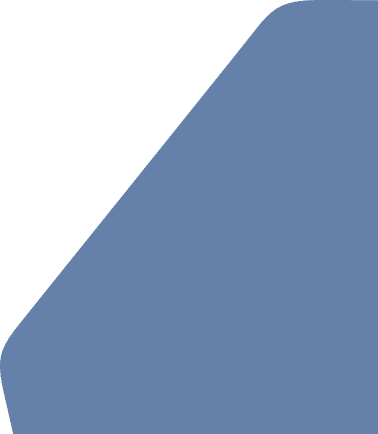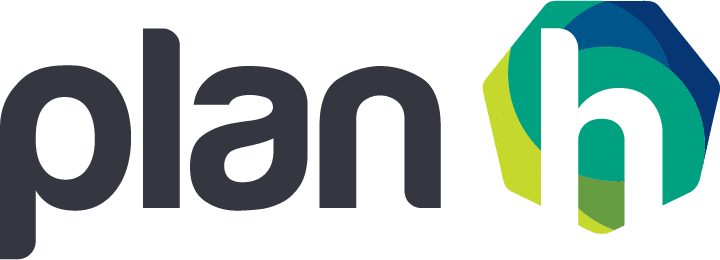A multi-sectoral effort in the Cowichan Valley, under the leadership and guidance of Cowichan Elders, has been working together to foster social connections and to facilitate a cultural shift.
“The Elders say that reconciliation is a big word, a word that does not even exist in their language and in English, it is a word that has different meanings for different people. They say that reconciliation is a process that cannot be confined to a timeline, for it is a journey for each person and each community that has its own path to take. And in order to begin that journey, that process of reconciliation, first we must understand the history that brought us here in the first place. Then, from a place of understanding and acceptance of our past, together we can begin to address the beliefs in our systems that affect the health and well being of the people in our communities.” – Cultural Connections Cowichan
THE OPPORTUNITY
North Cowichan is the largest municipality in the Cowichan Valley on Southern Vancouver Island. It is located on the traditional lands of the Coast Salish people. Of the 29,676 people who live in North Cowichan, 4067 are First Nations (according to the 2016 census), about 7 per cent of the population. The untold stories of residential schools, the impacts of colonization, and the racism that has resulted from this lack of understanding have created a community with many barriers to social connections.
“I thought I knew the impacts of colonization and residential school, why we have such long standing divisions in our communities,” said one of the local mayors. “Turns out, I didn’t really know at all.” International research confirms that the healthiest communities are those in which all people feel welcomed and included.1
The people of the region faced a challenge: how to educate and raise awareness about the impacts of history not only in professional and governmental institutions but across the community.
Candace Spilsbury, a past board member of Social Planning Cowichan (SPC), saw this challenge as an opportunity to re-ignite the Cultural Connections program, a legacy of the 2008 North American Indigenous Games held in North Cowichan. The Council asked local Elders for both permission to start a cultural connections initiative and to ask for guidance and leadership. They agreed. An advisory committee with over 40 representatives from a variety of organisations was formed, led by a team of Elders and supported by SPC.
The goal was to take a step towards creating understanding that would lead to changing the negative impacts of the longstanding cultural norms in the community. Increasing understanding would raise awareness about the history that causes the conditioned responses inherited through generations.
Together, they would work to create a healthier community where all people would be treated with respect and dignity, have equal opportunities for employment and enjoy better health and wellbeing.
INNOVATION
Informed by the value of Nuts’amat Shqwaluwun – a Hul’q’umi’num’ phrase meaning working together with one heart and one mind – the team used a PlanH Healthy Communities Capacity Building Fund grant to offer a series of community gatherings, experiential education, cultural workshops and planning sessions. The team understood that the process of coming together and forming relationships is what leads people to change and build healthier systems.
“It is hard work and it takes time,” said one of the teams’ Elders, a residential school survivor, reflecting on the untold stories of residential schools, the impacts of colonization, and racism, “listening to peoples’ stories can be hard to hear, but it is the time we take to listen, to learn and spend time together that changes everything.”
A pilot project, Cultural Shift Cowichan, was developed by the Cultural Connections team. The project engaged with the Island Health Authority, School District 79, businesses, non-profits, emergency services (police, fire, ambulance), students, faith organizations and many others. The most important contributors were the First Nations Elders and community members who guided the project and shared their personal experiences,modelling courage, forgiveness, patience, love and kindness.
Cultural Shift Cowichan hosted several community events. The events were not lectures or dry history lessons: participants were invited to fully engage with the living stories and experiences with First Nations. Community members from multiple sectors attended the unique events, which gave them space to develop their own understanding and connections to the people and community. Many people who participated have said that it is the Elders’ openness and generosity that made this project innovative. Community members from multiple sectors participated in the events, which gave them space to develop their own understanding and connections to the people and the world around them.
IMPACT TO DATE
After 12 community workshops and 12 school workshops reaching 3,000 community members, a wrap-up event followed for everyone who participated to celebrate and share their experiences.
“In reaching so many people,” a team member explains, “we have started to raise awareness and are building relationships with each other by learning about the stories we were not taught in our history classes or books. Instead, we have the gift of learning directly from the people who lived them.”
The awareness and insights gained through the Culture Connections initiative has manifested in many concrete ways. A few examples are the creation of an Aboriginal Celebration and Awareness day at the local hospital. The ongoing support for the cultural training with students in grade 10 and all teachers and staff over five years that the School District #79 committed to in 2012 . Vancouver Island University Cowichan Campus has added cultural competency training for students and a long term commitment for working together is underway and the first stage will be announced soon.
“The Elders remind us:
- It took 150 years to get here, this will take time. Be patient with the process.
- At times this process will challenge us. Remember to show up with an open heart and an open mind.
- You may not like everything you hear. Be willing to listen anyway.
- This process will be different for each of us. There is no “one” way forward.
Everyone has a different definition of reconciliation but our strength is found in the relationships we form when start to come together.”
LESSONS LEARNED
These changes in public institutions are powerful; however, these changes also extended to everyone in the community. “Some of the Elders that are on the team say they have people coming up to them in the streets and stores to introduce them to their families, to talk, for a hug, or to thank them”, commented a staff member of Cultural Connections.
“These are the same elders who at the beginning of this project shared recent stories of not being served in restaurants, having people follow them in stores, or having little interaction with the broader population in the community,” explained a committee member. “Are we free of racism in the Cowichan Valley? Has racism, judgment, stereotyping and the impacts of colonization and residential school been eradicated in our communities? No, but we are taking steps towards change.”
Interested in learning more or having the Cultural Connections team visit your community to share their experiences? Contact infospcowichan@gmail.com
Resources
- Social Connectedness – PlanH Take Action Area
- Healthy Communities Practice Guide
- Cultural Connections Cowichan
- Cowichan Community Snapshot Voluntary Sector
- Watch a short ‘Local Leaders Cam’ video from North Cowichan on the City’s partnership with House of Friendship and Community Kitchens to create a communal cob oven in a downtown park.
Contact
Cultural Connections
Social Planning Cowichan
infospcowichan@gmail.com
photo courtesy Social Planning Cowichan




